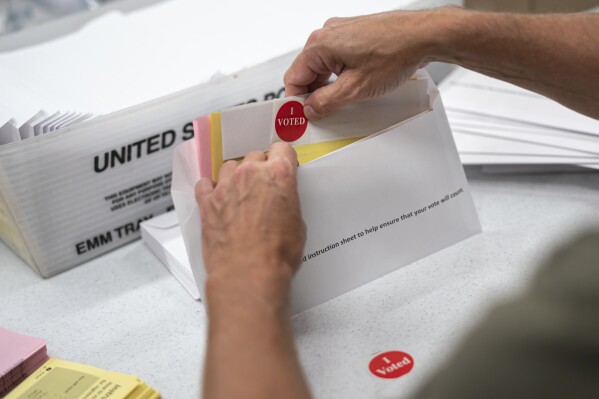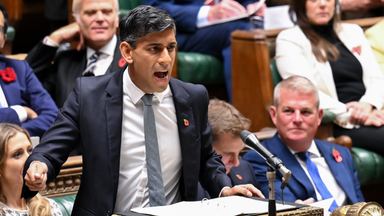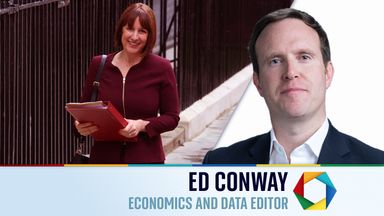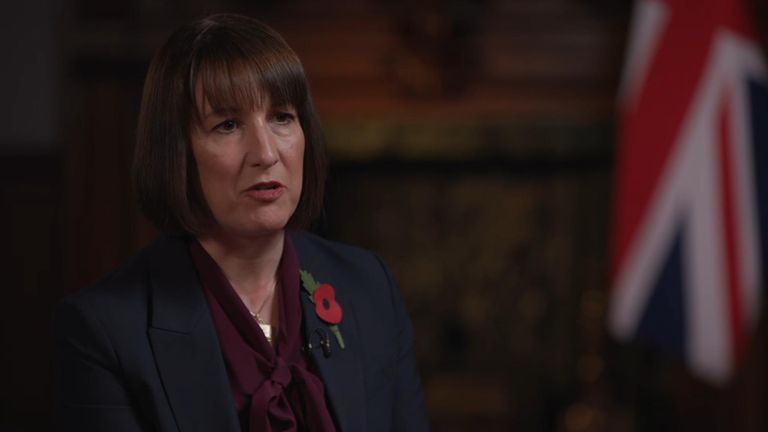Your support helps us to tell the story
Support NowThis election is still a dead heat, according to most polls. In a fight with such wafer-thin margins, we need reporters on the ground talking to the people Trump and Harris are courting. Your support allows us to keep sending journalists to the story.
The Independent is trusted by 27 million Americans from across the entire political spectrum every month. Unlike many other quality news outlets, we choose not to lock you out of our reporting and analysis with paywalls. But quality journalism must still be paid for.
Help us keep bring these critical stories to light. Your support makes all the difference.
A sombre stage had been set for months before the new Labour government’s first Budget. The gloomy messaging began when Rachel Reeves unveiled told the Commons the public purse was facing a £22bn “black hole” at the end of July. It continued when the prime minister warned that the coming event would be “painful.”
With these bleak warnings in place, many predicted the worst from the fiscal event. Some expectations were met: the chancellor confirmed £40bn in tax rises, announcing expected tweaks to capital gains, national insurance and more.
Placing the blame squarely on the previous Conservative administration, she accused her opposite numbers of “concealing the reality” of public spending challenges.
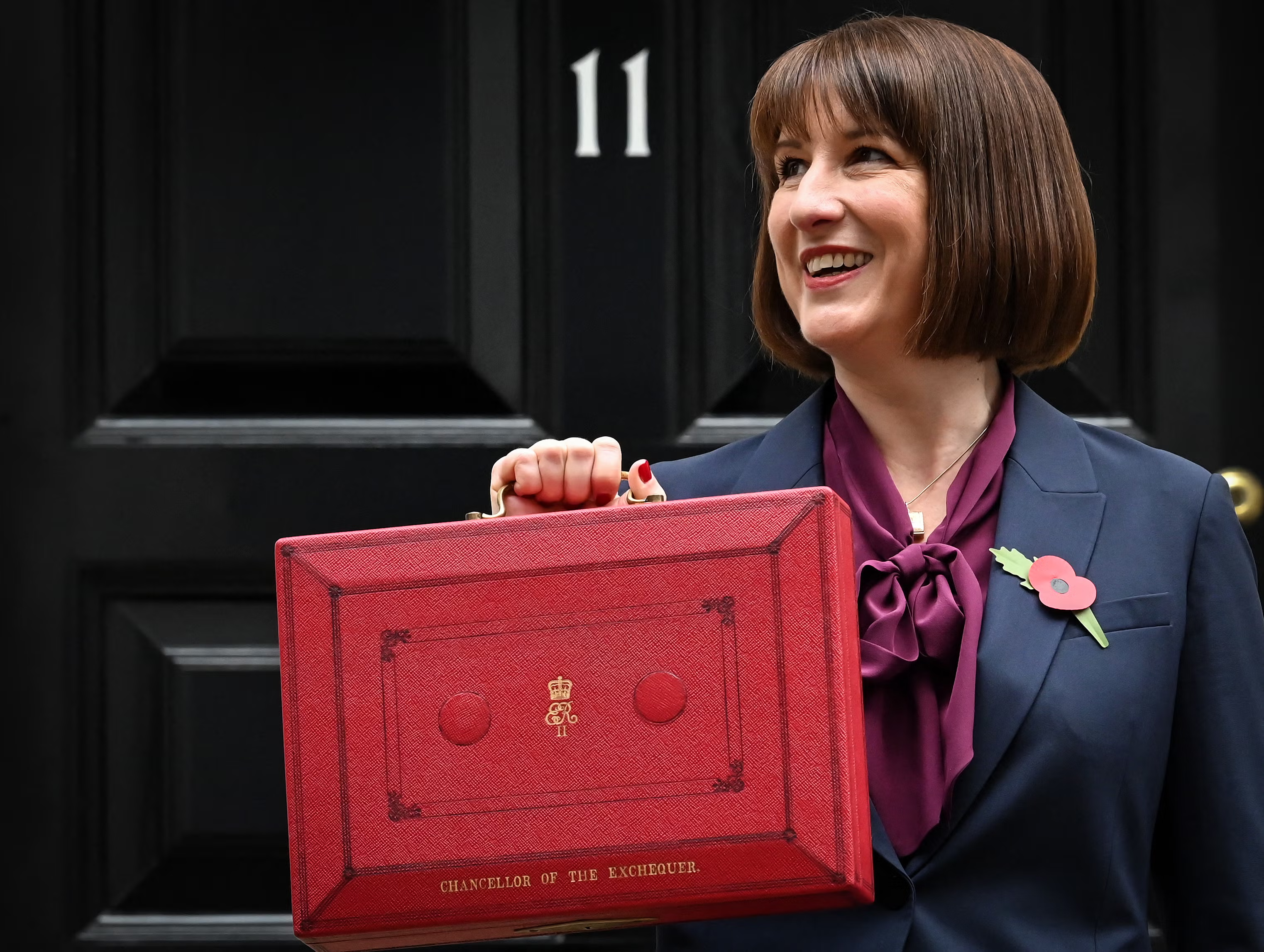
However, there were also some surprises, alongside several measures that had been “leaked” being completely omitted from the statement.
Here’s what was missing from the Labour Budget:
Income tax rise – by ‘stealth’
Defying predictions, the chancellor ruled out an extension to the threshold tax freeze at the Budget, confirming that it is still set to end in 2028.
Critics have called the measure a ‘stealth tax’ as it has pushed more workers into paying income tax since 2021.
This is because the personal allowance and higher income thresholds have stayed the same as wages have grown. This means more people are dragged into paying higher rates of tax as their wages increase year on year.
Reflecting on her decision, Ms Reeves admitted that extending the threshold for two more years as rumoured would raise “billions of pounds” which could “deal with the black hole.”
But, she concluded: “Having considered the issue closely I have concluded that extending the threshold freeze would hurt working people.”
Fuel duty increase
In another surprise twist, Ms Reeves opted to retain the 5p cut to fuel duty which has been in place since 2022.
Leaving MPs in suspense, the chancellor began by saying the measure would cost over £3 billion next year, adding: “At a time when the fiscal position is so difficult, I have to be frank with the House that this is a substantial commitment to make.”
But she concluded that removing the measure would be the “wrong choice for working people,” confirming it will remain in place for at least another year.

Fuel duties, or taxes, apply to purchases of petrol, diesel and a variety of other fuels used both for vehicles and domestic heating.
The levy represents a significant source of revenue for the government, expected to raise £24.7 billion in 2023-24, according to the Office for Budget Responsibility – equivalent to 2.2 per cent of all receipts.
Scrapping the 5p cut was estimated to raise the government £2-3bn.
‘Sin’ taxes
A “sin tax” is one placed on goods that are deemed harmful in some way. A recent report from the IPPR proposed this on unhealthy food, with a 10 per cent tax on “food categories including processed meat, confectionary, cakes and biscuits”.
The researchers predict this would raise £3.6bn in the first year, and has been proven to work by similar models which have found success in Hungary and Mexico.
Another similar measure could come in the form of increased taxes on gambling – either on winnings or on suppliers. Combined, these measures could raise up to £5.9bn.
However, Labour opted not to introduce any taxes like these three. Perhaps, given the introduction of new taxes on vaping and tobacco, ministers were keen not to introduce too many measures which could be seen as policing personal choices.
Wealth tax
A ‘wealth tax’ is a levy targeted at the very wealthy – usually those with assets exceeding £10m. Ms Reeves ruled out the measure before July’s general election, adding: “I don’t see the way to prosperity as being through taxation. I want to grow the economy.”
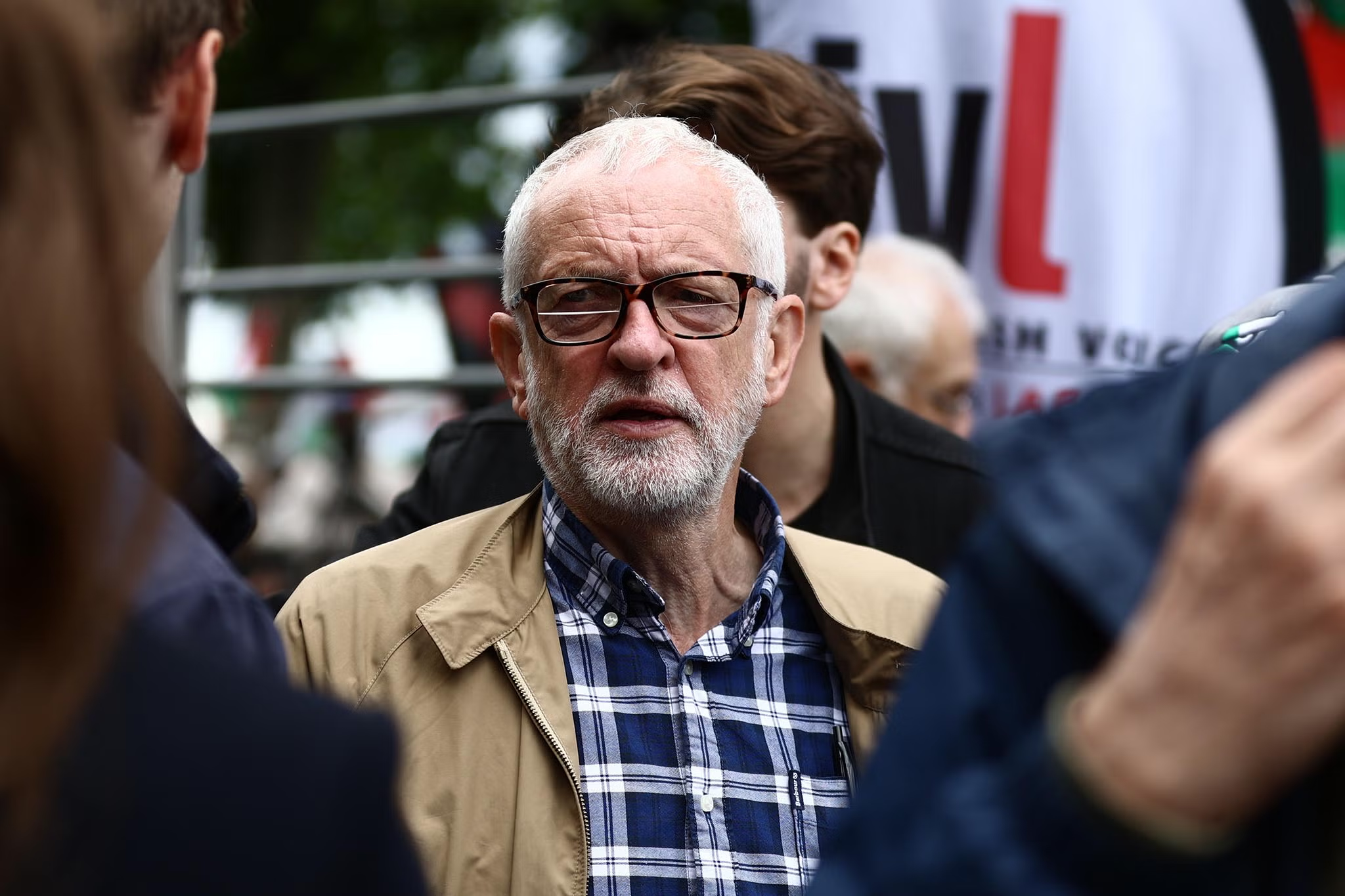
In the weeks before the Budget, a cross-party alliance of 30 MPs and peers called for a tax on “extreme wealth”. In a letter to the chancellor, they demand a new 2 per cent tax on assets worth over £10m, which they claim could raise £24bn a year.
As expected, it made no appearance on the day.
Council tax reform
Labour ruled out making changes to council tax bands before the general election, meaning it was unlikely we’d see a re-evaluation announced at the Budget.
However, experts have pointed out that the party did not rule out adding more bands to the top of the scale, which could account for higher-value properties.
Several campaigners have long called for a reform to the council tax banding system, as the values are still based on the property prices in 1991.
Research from the Centre for Cities shows that re-evaluating these bands every year, alongside adding more to the top, could save the average household £494 a year without losing any money for the exchequer.
But for now, it seems to be firmly off Labour’s agenda.
Disclaimer: The copyright of this article belongs to the original author. Reposting this article is solely for the purpose of information dissemination and does not constitute any investment advice. If there is any infringement, please contact us immediately. We will make corrections or deletions as necessary. Thank you.
